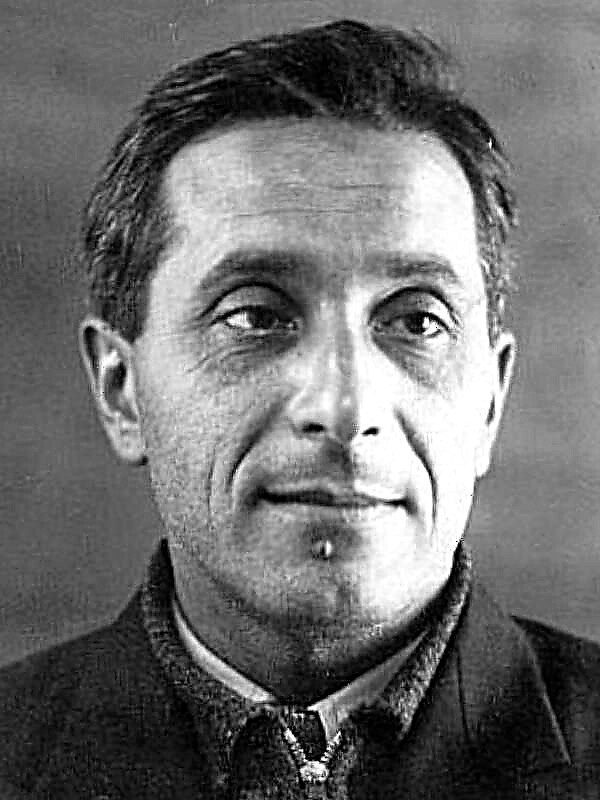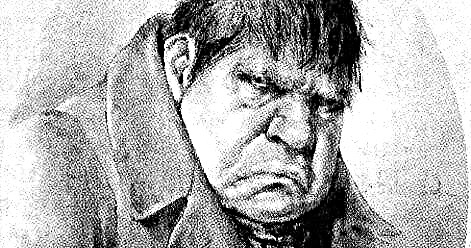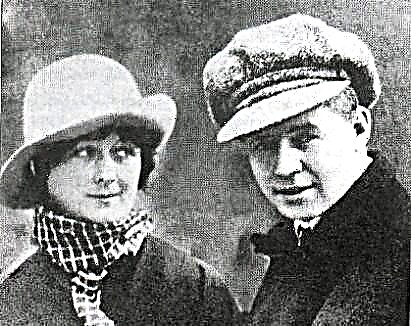The “dissuasion” of E. Baratynsky is largely due to M. Glinka, the author of the musical interpretation of the work. But also as an independent poem, it occupies a special place in the paradigm of romantic elegy.
History of creation
Assassination is one of Baratynsky's early poems. It was published in 1821, when the author was in military service. Elegy was written in his youth under the impression of the first romantic feelings for his cousin Varvara Kuchina.
The letters mention their walks, joint dinners at the Mara estate. But this innocent love had no continuation. Baratynsky married in 1826 to Anastasia Engelnardt.
Genre, size, direction
E. Baratynsky is a representative of early romanticism in Russian literature. This trend began to develop in Europe, borrowing its sensuality from sentimentalism. The elegy tradition developed very actively during this period. In Russian literature, Baratynsky was one of the first to work in this genre. His fellow writers were Pushkin, Zhukovsky, Davydov, Lermontov. All of them were attracted, including the elegy, with its lyrical, sublime content. The closest work of Baratynsky can be considered a poem by D. Davydov “Romance (1834). The works are similar for many reasons and in form, but are still independent from each other.
Baratynsky chooses for “Reversal” a four-foot iambic, a size that brings the verse closer to natural colloquial speech. Maybe this was the reason for M. Glinka to write the music of the romance, named on the first line of the work.
Subject and problems
For Baratynsky, romanticism was very organic. Contemporaries note in him a tendency to disappointment, dissatisfaction with life. The poem permeate these topics. The lyrical hero is trying, as it were, to disconnect from the outside world, cruel and unjust. He achieves this effect by repeatedly consuming the “not” particle, and especially by the anaphora at the beginning of the second quatrain, “I really don’t believe”.
The problems of elegy are collapsed dreams that make the lyrical hero flee to nowhere. He saw the only salvation in oblivion. And here a romantic two-sidedness arises: reality and sleep. Only "lulling" can comfort a suffering heart.
Meaning
The idea of the work is to find peace outside the existing, crude reality. The lyrical hero does not want death, but wants to stay in a dream, where, perhaps, until now, as in some kind of parallel reality, old dreams live.
Nega is the character’s only hope, the only way he will regain vitality and overcome his “blind longing”. It is already impossible to embody love, all that remains is to imagine it, to cherish the memory of it in an ideal, illusory world.

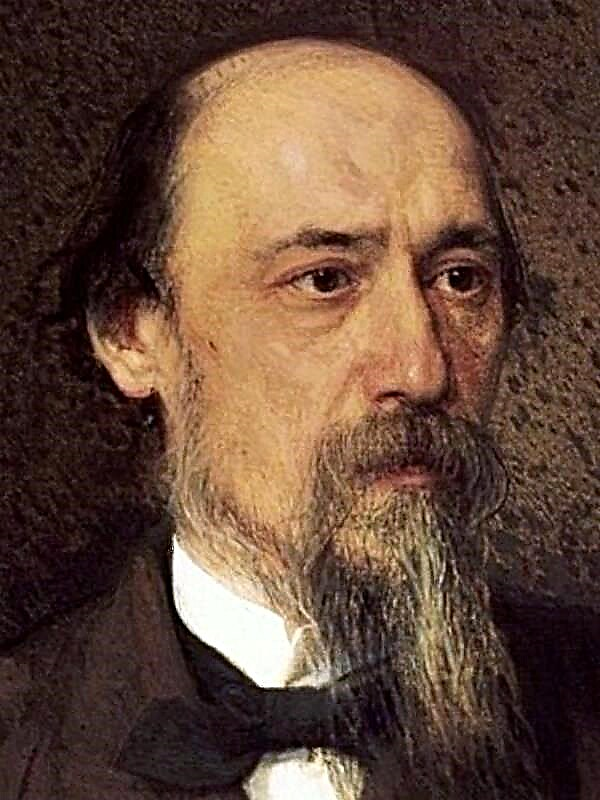


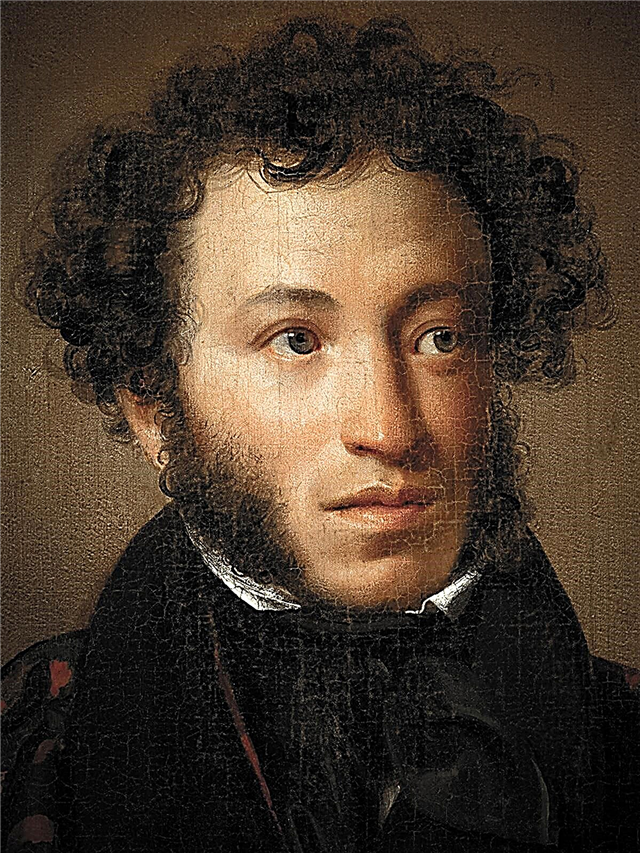


 McKinsey Tools
McKinsey Tools